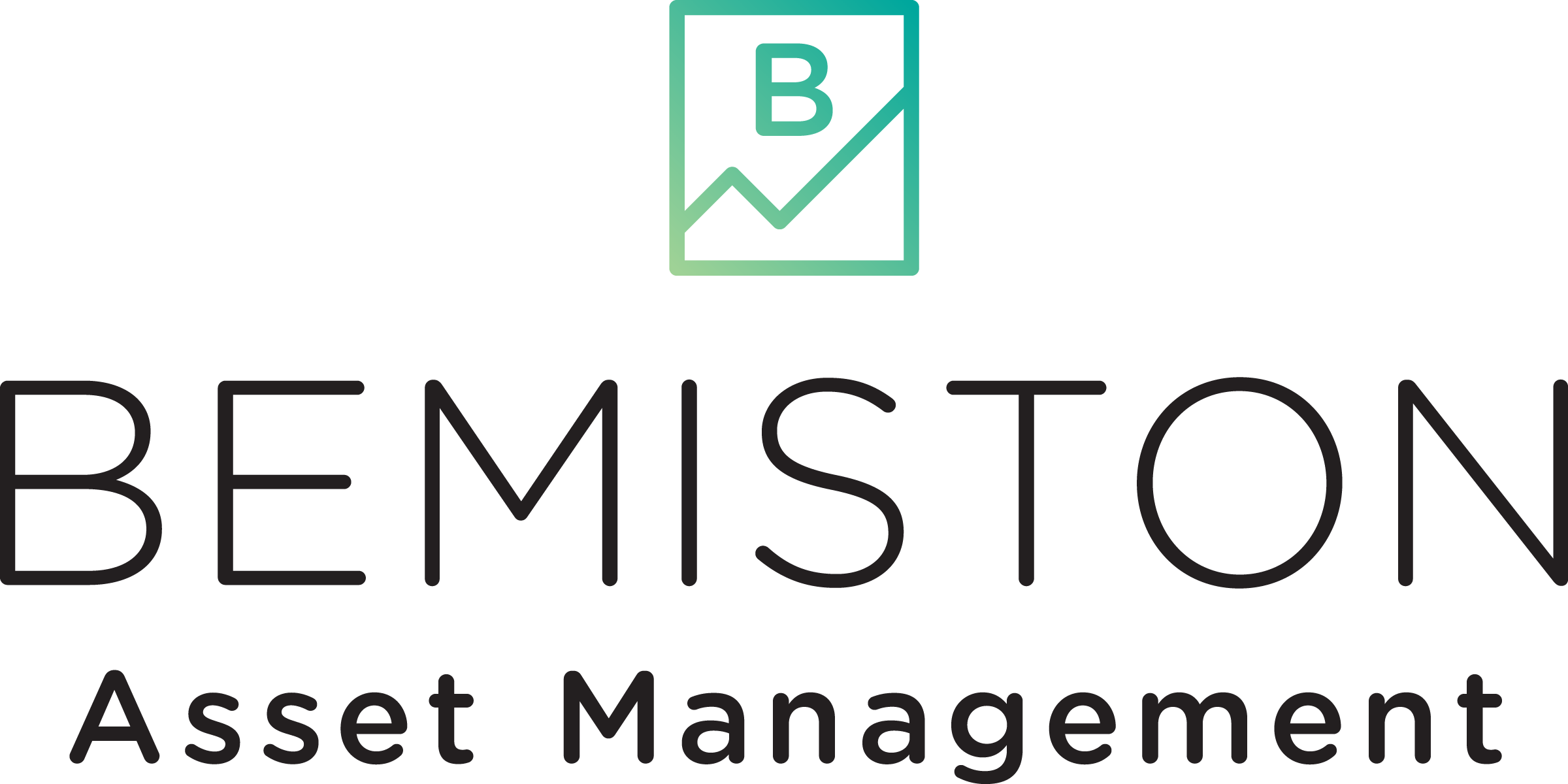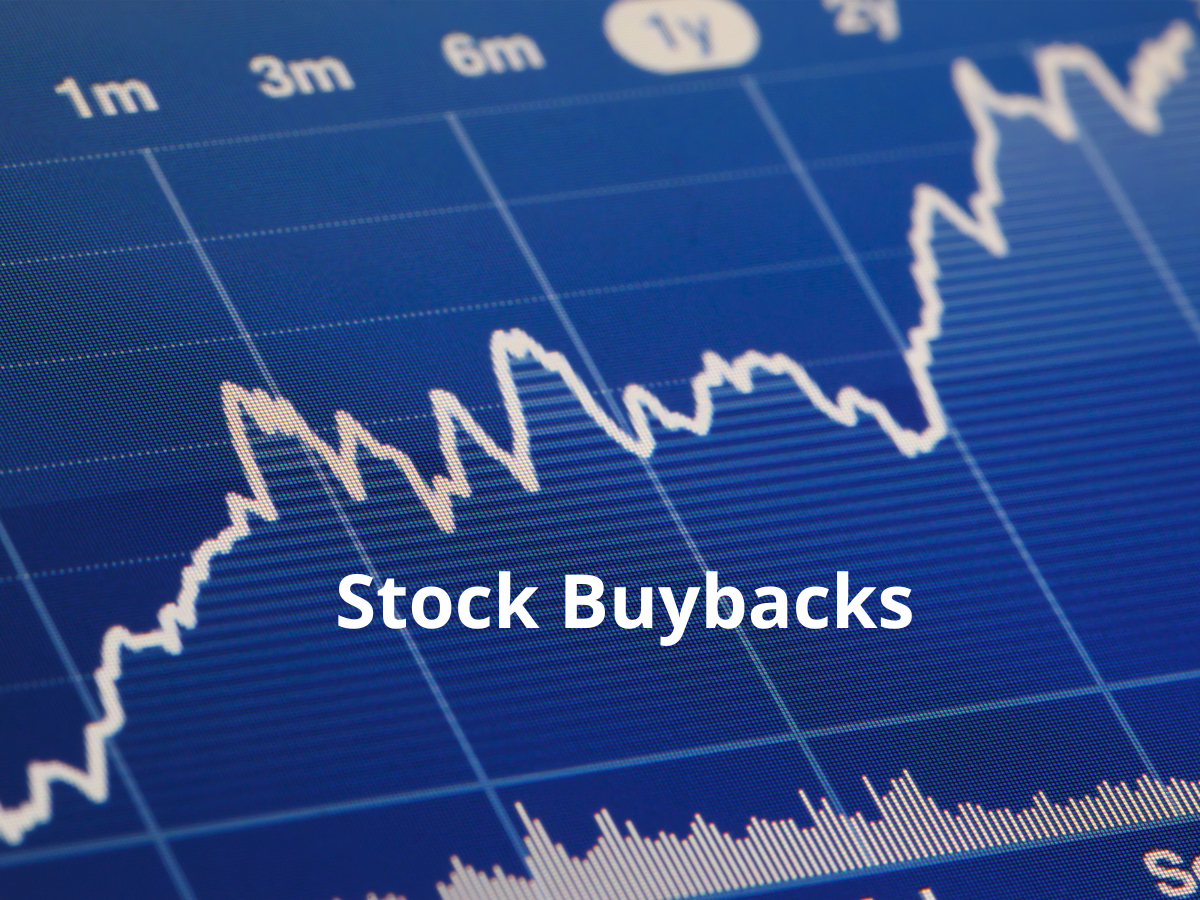Share buybacks have re-entered the news lately as part of the CHIPS Act. The CHIPS Act specifically bars any firms receiving government money from repurchasing shares for a number of years.
The CHIPS Act is a piece of legislation that is part of the Biden administration’s initiative to restore microchip manufacturing in the US. All-in-all, it seems like an easy win as it will create jobs and secure national interests.
What is a stock buyback, and why is it prohibited in the CHIPS Act? Investopedia explains a stock buyback:
A stock buyback occurs when the issuing company pays shareholders the market value per share and re-absorbs that portion of its ownership that was previously distributed among public and private investors.
When a company repurchases its shares, it can purchase the stock on the open market or from its shareholders directly. In recent decades, share buybacks have overtaken dividends as a preferred way to return cash to shareholders.
Though smaller companies may choose to exercise buybacks, blue-chip companies are much more likely to do so because of the costs involved.
From Stock Buybacks: Why Do Companies Buy Back Shares?
As always, digging deeper can reveal more. There are some opinions that the legislation needs to be more significant to have a meaningful economic impact on jobs or the supply chain. Time will tell. Another criticism is that we are simply handing over cash to these big firms and that management may reallocate funds for executive pay or stock buybacks. Things the Chips Act and taxpayers don’t want to support.
However, the idea of the CHIPS Act has a lot of merits. Under “free market capitalism,” the United States government has a long history of investing alongside private firms in areas like the railroad, Silicon Valley, the Internet, fracking, etc. Using taxpayer funds to innovate and establish a supply line of a crucial resource will benefit taxpayers.
Preventing corporations that receive taxpayer money from purchasing shares or issuing dividends is good. However, that does not necessarily mean firms will invest the cash. They ultimately need good projects that will give them a return on investment.
A War of Warrens
Share buybacks are a common policy flashpoint. Some policymakers cite them for the economic malaise we experienced after the Global Financial Crisis. They argue that firms bought shares and issued dividends instead of investing in new products and services that create jobs and grow the economy.
Senator Warren’s argument against share buybacks:
Nothing about the business changed. They’re still turning out the same number of widgets at the same cost and selling them to the same customers.”
She argued that stock repurchases do nothing to improve the quality of a business or the goods and services it produces.
“They got a little fluff-and-buff in their stock. And how did they do that? By taking their excess cash and saying, ‘Geez, we can’t figure out anything to do with this cash. We’re not going to give it back to our investors. We’re going to make the investment decision that the only investment in America that makes any sense is to buy back our own stock.”
Senator Elizabeth Warren on CNBC
In his annual letter to shareholders, another Warren (Buffet) responded,
When you are told that all repurchases are harmful to shareholders or to the country, or particularly beneficial to CEOs, you are listening to either an economic illiterate or a silver-tongued demagogue (characters that are not mutually exclusive).
Warren Buffet in annual letter to shareholders
Buybacks are part of the capital allocation decision all publicly traded firms face. When companies earn cash, they can keep or return it to shareholders. Businesses don’t exist to give people jobs but to earn profits.
If they keep the money, they can use it for research and development, a precursor to investment and hiring, or save it for a rainy day.
If they return it to shareholders, they can pay dividends or buy company shares in the open market. Buybacks have been more popular over dividends as of late. Dividends are double taxed: once as a profit and then again when a shareholder receives it. Buybacks also have another benefit in that they help support stock-based employee compensation.
A company’s management will decide to return money to shareholders when they decide that they don’t have significant growth prospects from investment. That’s where my beef with the criticism from D.C. lies.
If a company’s management determines they cannot successfully deploy capital, they should return it to investors. Arguing that firms are choosing to enrich shareholders when they should be investing to create jobs is a little hollow. Any CEO would love to grow the company and its profits, which would mean higher share prices and more bonuses.
A lot of buybacks after the Global Financial Crisis
Firms listed on the S&P 500 Index have purchased many of their shares in the open market over the past 15 years. A LOT. Some politicians have blamed a lot of the malaise in the post-GFC world on this fact.
Yes, firms should have been investing more. But there is a valid reason they did not. Companies were already overspending on research and development. To increase future earnings, businesses frequently reinvest a portion of their current income into research and development. Once a certain threshold is reached, investing more money into research and development will have a negative effect on earnings due to the law of diminishing marginal returns.
Estimates suggest that about 63% of companies are over-investing in R&D. If companies do not have profitable projects to pursue, they will repurchase stock. So, having access to cheap financing and a windfall tax cut (TCJA) only accelerated the purchases.
The reason that R&D prospects were such trash is that demand from end consumers was too weak. Too much austerity from everyone everywhere (Washington) after the Global Financial Crisis. If a business doesn’t have good investment prospects, it will decide to pay back capital to shareholders. What else can it do? A business exists to make profits, not provide high-paying jobs.
The reason for so many share buybacks wasn’t corporate greed but a lack of investment opportunities due to aggregate demand shortfalls. The sluggish growth in the wake of the Global Financial Crisis has always been a public policy failure.
The era of refinancing
Furthermore, the zero-interest rate world we experienced after the GFC led corporations to do what so many other people did: refinance. Many homeowners refinanced their mortgages to a lower rate in the ’10s. Corporations did the same thing. Sometimes they issued low-cost debt to buy their shares on the open market. If you don’t have excellent capital investment ideas, why not just refinance and increase your share price?
Share buybacks aren’t the enemy
Where is all of this going? Well, share buybacks aren’t necessarily a bad thing. They are generally suitable for investors. Businesses exist to make money for their investors. If management can’t make money from investing in the industry, they should return it to shareholders.
Limiting a company’s ability to repurchase shares does not necessarily mean it will invest in new factories or jobs. If the management of Intel says, “Hey, there is like zero demand for microchips right now,” should they build a new factory to increase capacity and flood the market with needed chips? Probably not.
Instead, Congress and other policymakers must worry about the consumer side of the equation. Producers will only produce if they have customers. Preventing share buybacks won’t change that fact.

